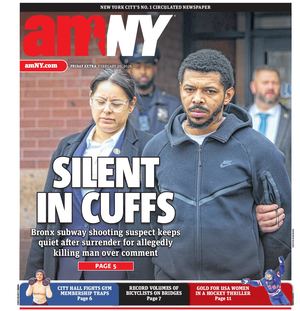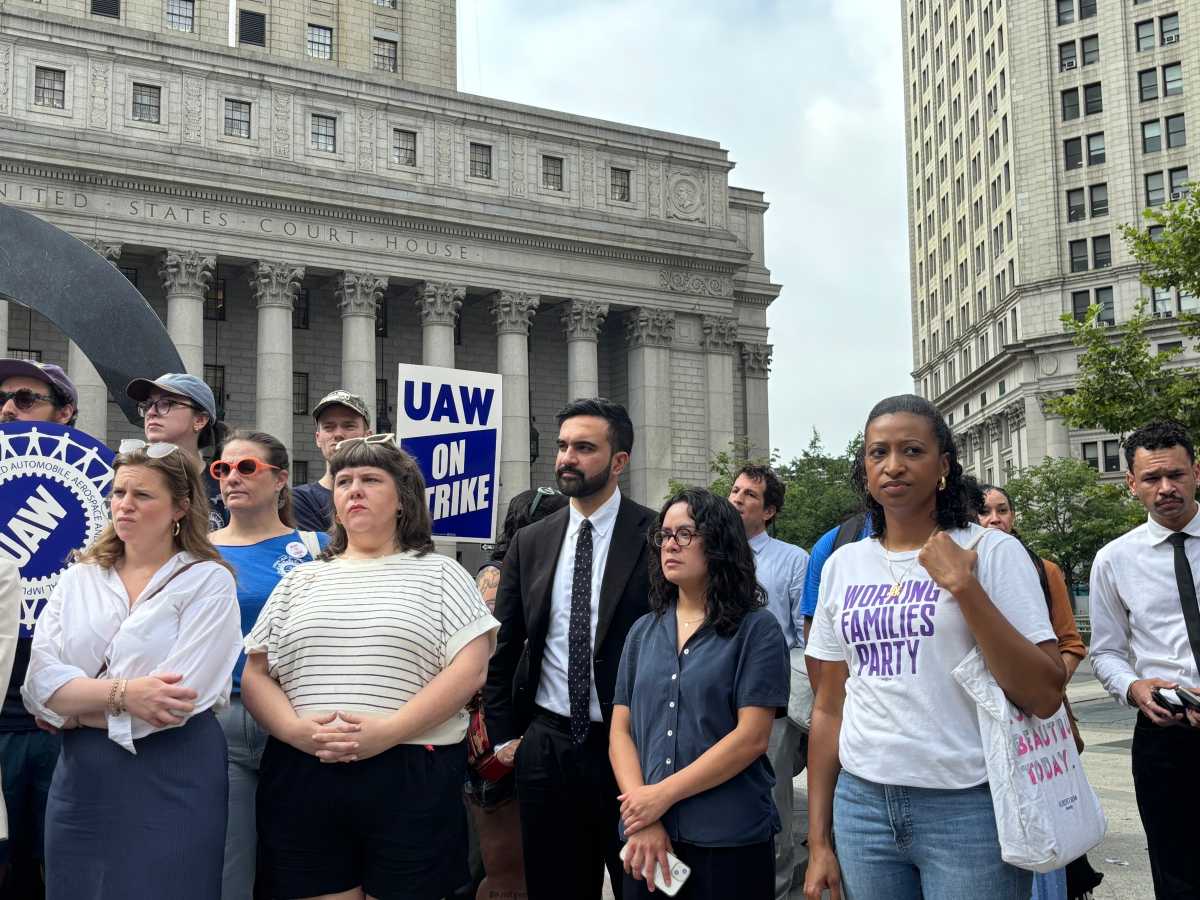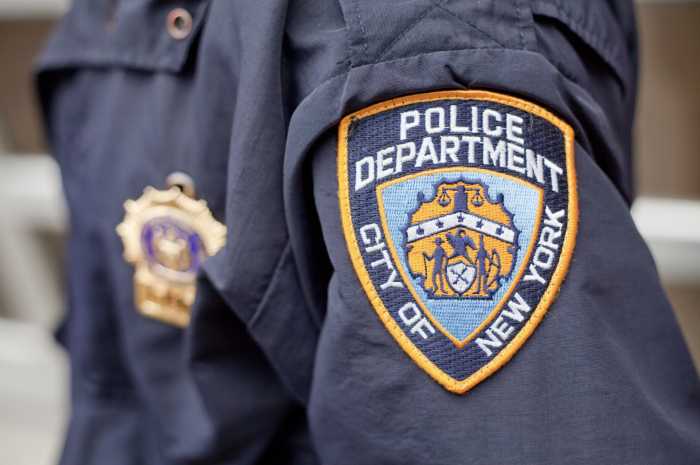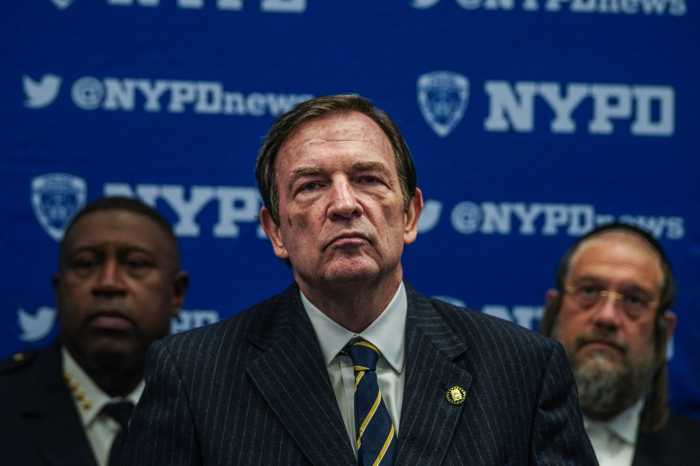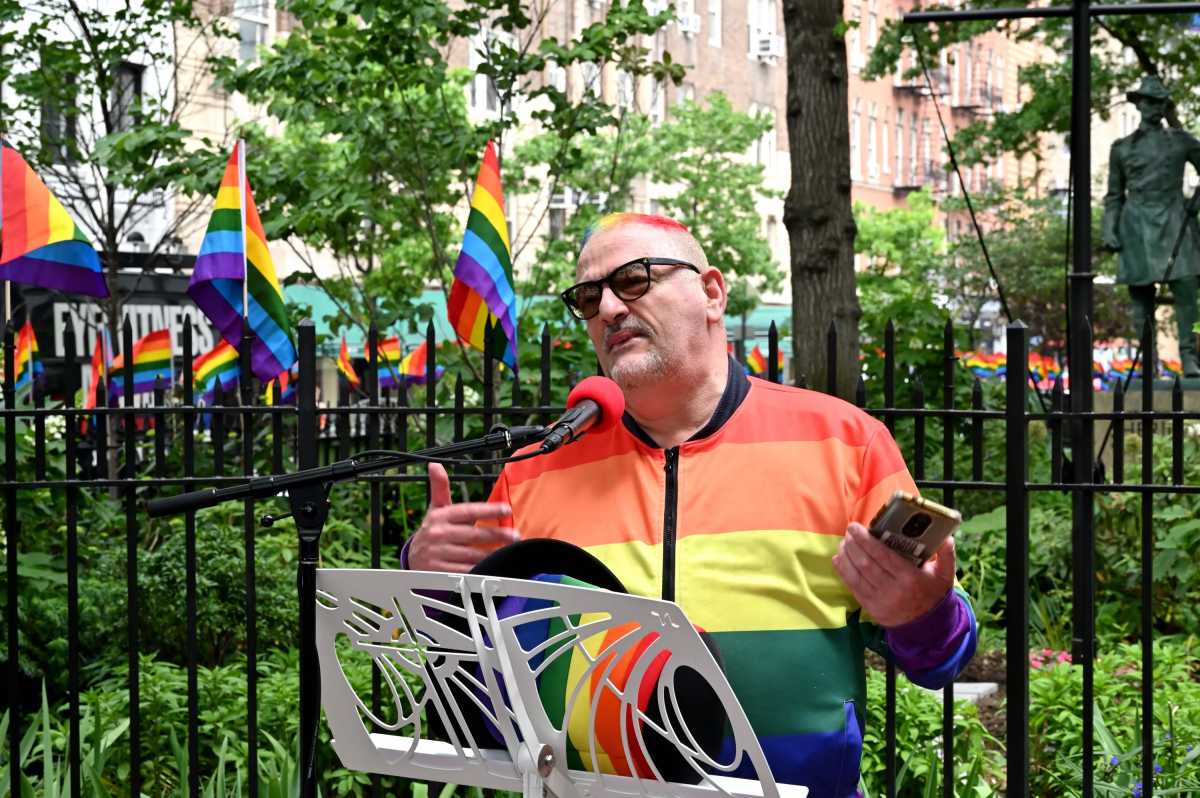The Legal Aid Society’s union voted Thursday night to ratify a tentative contract, avoiding a strike by its 1,100 public defenders and staff — accepting a deal that fell short of its demands and pinning its hopes on Zohran Mamdani becoming the city’s next mayor.
In announcing the tentative agreement, which included a five percent average raise for attorneys in the first year, the Legal Aid Society’s chapter of the Association of Legal Advocates and Attorneys, was forced to accept a deal with smaller salary increases than it had demanded, but won a reopening bargaining clause to revisit wages and pensions next year.
“The fight to make legal services careers sustainable does not end here,” wrote Jane Fox, chapter chair of Legal Aid Society Attorneys United, UAW 2325 in a statement. “We need a Mayor who will prioritize our work and the communities we serve.”
The strategy reflects what legal experts say is a gamble that Mamdani, the Democratic candidate, will become mayor next year.
ALAA’s parent union, the United Auto Workers, which forged a strong relationship with Mamdani, was one of the first unions to endorse him in the primary.
“You could totally understand the union saying, ‘Well Mamdani may be mayor, he shows up at our rallies. He’s very sympathetic to the union movement, so we could be in a much better position a year from now, so let’s kick this over for a year and put ourselves in a position where we could actually get more,” said New York Law School professor Andrew Scherer, who previously served as executive director of Legal Services NYC.
Sarah Marie Young, a staff attorney and member of the Legal Aid union’s bargaining committee, said what the panel could achieve on salary and pensions was limited because of the budget that Mayor Eric Adams and the City Council passed at the end June.
A spokesperson for Mayor Adams insisted the city added $20 million to help criminal legal service providers hire more staff and adjust salaries — meaning an extra $7.5 million for Legal Aid in the next year — and $10 million across all civil legal service providers.
According to the union’s analysis, Legal Aid’s initial goal of achieving pay parity with federal public defenders would have cost the city $74 million. After the union voted to authorize a strike at the end of June, the mayor’s office committed an extra $10 million in discretionary funding for all legal service providers, leaving $3.5 million for Legal Aid staff, according to members of the bargaining committee — but not enough to meet Legal Aid’s salary demands.
What the union did win was retiree health benefits, workload protections, student loan assistance and increased parental leave, and the reopening clause on salary and pension negotiations, which will give it another shot under the next mayor. The average raise will go up to nine percent over the next three years.
Young said the union is hopeful that if Mamdani were to win the mayor’s race, it would be a favorable environment for bargaining. The Adams administration had not been amenable to union demands, she said, citing the influence of Deputy Mayor Randy Mastro, who worked for Mayor Rudy Giuliani during a turbulent period for the union when the mayor threatened to terminate Legal Aid Society’s contract in response to going on strike in 1994.
“When you have somebody in those positions of power who values and recognizes the work the workers are doing, it’s just easier for them to recognize that they should be compensated accordingly,” said Young. “As opposed to having an ex-police officer in the mayor’s office.”
Adams spokesperson Liz Garcia, said in a statement that “the Adams administration values the work that legal service providers do every day to advocate for vulnerable New Yorkers,” adding that, “to the extent Legal Aid’s union now claims it feared what First Deputy Mayor Randy Mastro would do if they went out on strike, we’re just glad they didn’t go on strike, which is a good thing for all concerned.”
The Legal Aid union’s reluctance to strike drew criticism from some members who had conducted a pressure campaign before the ratification vote urged their colleagues to reject the agreement, charging that the bargaining committee conceded too early on issues like wages.
The campaign is the closest the Legal Aid union has come to striking in over 30 years. While a majority of eleven chapters of the ALAA representing about 2,000 legal services workers have now reached agreements with the city, there are several other chapters with a few hundred workers at organizations such as the Urban Justice Center, CAMBA and Goddard Riverside Law Project still on strike.
It’s the first time the UAW’s legal arm has been able to implement a strategy of sectoral bargaining for public defenders across the city, where it aligned all of its contracts to expire at the same time to maximize its leverage. The strategy allowed the legal unions to exert more pressure on the city by threatening a 2,000 person strike, which could have brought the courts to a standstill.
While the reopener will put the union back at the bargaining table next year, it will not be guaranteed the ability to strike. Striking would only be possible through a process that involves an outside arbitrator.
The budget process also inflamed tensions with Legal Aid management. Under Mayor Bill de Blasio in 2019, members said that management had embraced the union’s contract campaign as part of a coalition of legal aid organizations that successfully lobbied to ensure pay parity between public defenders, prosecutors and other city attorneys during their first years of employment.
“Eric Adams nixed that. He was like, ‘Sorry, too bad. That was the last guy,’” Young said. “This time around, I was very, very surprised at how little it appears management did to actually achieve what their financial ask was. There was no campaign, there was no invitation to partner.”
Legal Aid defended its role in the negotiations. In a statement, CEO Twyla Carter said the non-profit would continue to partner with the union to fight for “the resources that reflect the vital contributions of our staff attorneys and support the long-term sustainability of a career at Legal Aid.”
Whether or not Mamdani is the next mayor, the future of the city’s legal service funding is far from guaranteed, Scherer warned. The risk of Manadani incurring the wrath of the Trump administration and the rivalry for city resources getting even more intense is a real threat.
“The implications of the Trump policies are very likely to be profound at the state and city levels, which will create greater competition for city and state funds, because the governments will be dealing with the federal cutbacks,” he said.
Legal services funding is always fraught, Scherer added. “The city and the state, unlike the federal government, have a finite amount of money to divide up. And you’ve got the libraries, you’ve got education, you’ve got the police, and you’ve got sanitation. And it’s all competing for the same finite number of dollars,” he said.
The bargaining committee acknowledged that the federal landscape was bound to be an obstacle in its coming negotiations, but members felt that they had no choice but to try again.
“Does it mean that the workers are going to stop pushing for what they deserve?” said Young. “No.”
With additional reporting from Shea Vance.
Editor’s note: A previous version of this story misstated the last name of Sarah Marie Young. We regret the error.
